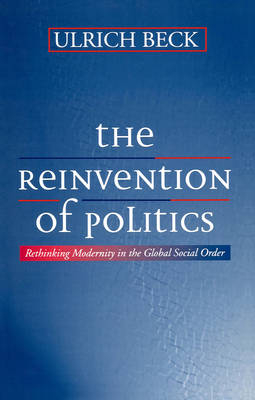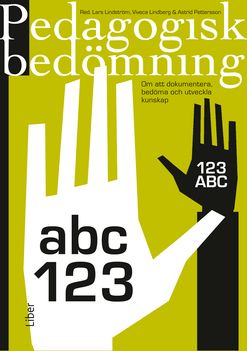

Reinvention of politics - rethinking modernity in the global social order
- Utgiven: 1996
- ISBN: 9780745617589
- Sidor: 216 st
- Förlag: Blackwell Publishers
- Format: Häftad
- Språk: Engelska
Om boken
Those who advocate ideas about "postmodernity" and "post-industrialism" offer radical critiques of existing social and political institutions. But they provide very little in place of those institutions. It is all very well to criticize the limitations of social democracy, the welfare state, trade unionism, and social classes as agents of change, but once these have been thrown into crisis what other institutions do we have to depend on? The Reinvention of Politics, suggests we should think again about forging a new model of politics for our times. An active, devolved civil society, Beck argues, can sustain the claim that modernity is inherently democratic. For many issues now - for example, those involving technology, environment protest, the family, or gender relations - belong to the domain of what the author calls "subpolitics". The postmodern critique of modernity, in Beck's view, is based on mistaken generalizations about a transitional phase in the evolution of modern society. What is needed, he argues, is the reinvention of politics, corresponding to th new demands of a society which remains modern, but which has progressed beyond the earlier form of industrial society. This book will be essential reading for second-year undergraduates and above in the fields of social and political theory, sociology and political science.
Åtkomstkoder och digitalt tilläggsmaterial garanteras inte med begagnade böcker
Mer om Reinvention of politics - rethinking modernity in the global social order (1996)
I december 1996 släpptes boken Reinvention of politics - rethinking modernity in the global social order skriven av Ulrich Beck. Den är skriven på engelska och består av 216 sidor djupgående information om samhälle och politik. Förlaget bakom boken är Blackwell Publishers.
Köp boken Reinvention of politics - rethinking modernity in the global social order på Studentapan och spara pengar.
Tillhör kategorierna
Referera till Reinvention of politics - rethinking modernity in the global social order
Harvard
Beck, U. (1996). Reinvention of politics - rethinking modernity in the global social order. Blackwell Publishers.
Oxford
Beck, Ulrich, Reinvention of politics - rethinking modernity in the global social order (Blackwell Publishers, 1996).
APA
Beck, U. (1996). Reinvention of politics - rethinking modernity in the global social order. Blackwell Publishers.
Vancouver
Beck U. Reinvention of politics - rethinking modernity in the global social order. Blackwell Publishers; 1996.



















